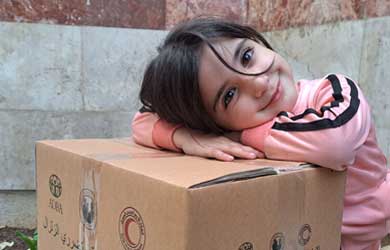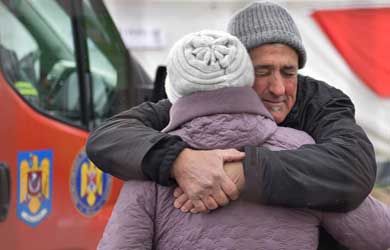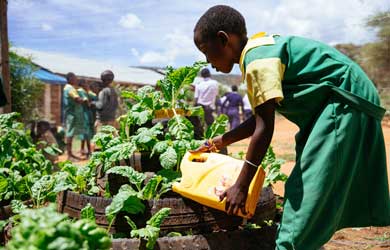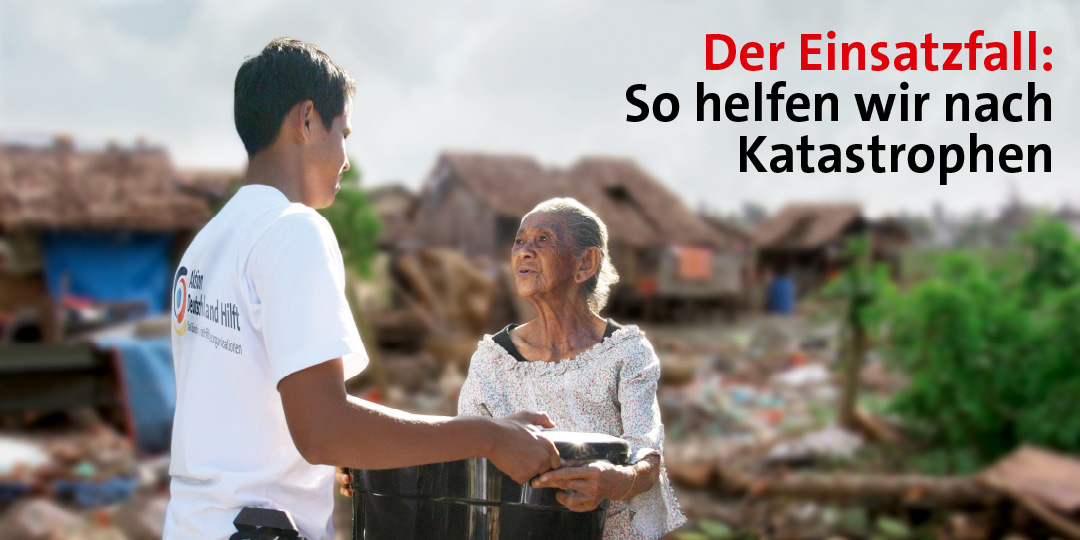
Gastkommentar in englischer Sprache
By Evita Pangaribowo and Joachim von Braun, Center for Development Research (ZEF) Bonn University
The hungry poor have no time: first, they tend to be extremely busy and work long hours a day in order to sustain survival, and secondly, as they are undernourished despite of their efforts, any emergency leads to long term and often uncorrectable nutrition and health deterioration, unless assistance is forthcoming quickly. From this insight springs the need for urgency of assistance in food and nutrition crises situations.
Since the onset of food price spike of 2007-2009, people are more aware about global food and nutrition issues. The food price spikes indeed gripped the world in a short occasion, but the impact altered the life of many of the about 800 million hungry poor for the long run. Based on new evidence we review below the short-term / long-term linkages triggered by food and nutrition crises. In doing so, we note that the prevalence of large scale nutrition deficiencies distributed widely across the world in low and middle income countries are the fundamental problem. This problem is further increased in crises and perpetuated by food and nutrition shocks. Both, the structural hunger and nutrition problems and the acute problems need to be addressed at much larger scale and with much more urgency.
Nutrition shocks indeed have long term consequence on maternal and child nutritional status. Well-established facts indicate that nutrient requirements are greater for women and children because of their need for physiological and mental development (1), unfortunately, the real state is alarming. The prevalence of maternal undernutrition as indicated by low body mass index, and fetal undernutrition is common, particularly in South Asia where gender disparity is wide (2)(3). Disaggregated statistics illustrate that the impact of those shocks were largely concentrated on children and women. Research found that the impact of financial crisis, such as the former South East Asian financial crisis, resulted in mothers’ buffering of children’s calorie intake, amplifying maternal wasting. Changes in consumption of rich nutrient foods further resulted in increased prevalence of anemia for mothers and children. Thus women and children were more likely to be micronutrient deficient. Children who were 2 years old during a period of drought and civil unrest were more malnourished than their siblings (4), indicating that pro-boys and pro-adult biases are evident.
Maternal body size is strongly related with size of newborn children, undernourished children tend to become short adults, to have lower educational achievement, to give birth to smaller infants. Thus, maternal and children nutrition is significantly associated with adult health, human capital and economic status (5). The evidence has strengthened that childhood malnutrition directly affects the adulthood prosperity in later life. An award-winning study shows that early childhood nutrition has a long term future effect (6). The story told by that study is: individuals from poor families, who got a nutrition supplement as small children in Guatemala earned substantially higher income as adults 30 years later. Further research indicates that nutrition status on future life is started before birth (7) and intrauterine growth is associated with non-communicable diseases and human capital in adulthood (8). Maternal (multiple) micronutrient supplementation is associated with children motor and cognitive development (9)(10). Other research provides further evidence of a strong impact of combined actions for improved nutrition: findings from Niger – one of the most impoverished countries in the world - show that integrated interventions through insecticide-treated bednets, nutrition intervention, care seeking, and treatment for childhood diarrhea and pneumonia, can reduce mortality quickly. This effort resulted in a decline of 43% in the mortality rate among children under five years between 1998 to 2009 (11).
- Seite 1
- Seite 2
© Bündnis deutscher Hilfsorganisationen: Spenden & helfen
Schirmherr & Kuratoriumsvorsitzende

Bundespräsident a. D. Horst Köhler & Außenministerin Annalena Baerbock: Erfahren Sie mehr!
Spendenkonto Nothilfe weltweit
IBAN: DE62 3702 0500 0000 1020 30
Stichwort: Nothilfe weltweit
Bildergalerien
Der Einsatzfall: So helfen wir nach Katastrophen
Geschichte des Bündnisses: Unsere Hilfseinsätze
Infografiken
Jeder Beitrag zählt: Der Weg Ihrer Spende
Multimedia
Podcast: Geschichten aus unserem Bündnis
Podcast: So funktioniert Aktion Deutschland Hilft
Reportage: 20 Jahre Aktion Deutschland Hilft
Weitere Informationen
Transparenz & Kontrolle: Warum Sie uns vertrauen können
Stiftung Deutschland Hilft: Satzung








